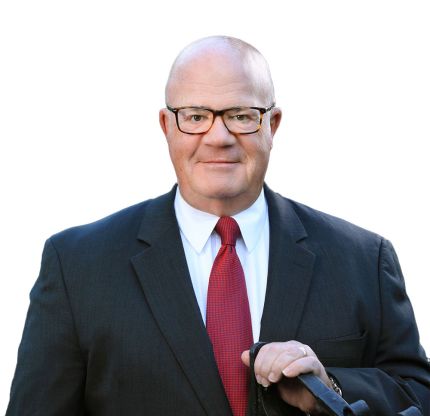

The Excellence Trap: How We Confuse Efficiency With Effectiveness
Are you a shop foreman or a leader?
In recent years a new focus has crept in to the profession. We are trending toward becoming shop foremen instead of leaders. The belief being that we must measure everything and compare everyone to everyone else. This is, in fact, a good idea and a long time coming. But it is what we are measuring that is impairing our ability to adapt and seize the future. When you measure each person’s average sale, customers served and customer responses what are you actually measuring? In the end these are important numbers for the shop foreman to know but when your focus is on “hitting the numbers” you are in danger of losing sight of the bigger picture: repositioning yourself to be attractive to the market at the right price points. So, while there is nothing wrong with the metrics, does it really produce long-term excellence? Research suggests the answer is no.
Ask any funeral home owner what differentiates them from their competitors and you can expect one answer: “Service.” Ask them to be more specific and you get a lot of stuttering. Yet, a singular preoccupation among the better funeral homes is something called “Excellence.” Here, again, drill down and it’s as elusive as trying to hold mercury in your hands.
Here’s the rub, and you know it. The bulk of practitioners, while claiming high service levels, are not that good. So, if you are simply more than mediocre you have a good chance of outperforming your own competitors. But more than mediocre is not the same as excellence.
The fatal flaw in our thinking is that we confuse flawless execution with excellence. They are not the same thing. Our professional preoccupation with flawlessness has a corollary effect that is now becoming a major stumbling block for our profession: It blocks our ability to adapt.
When you and your staff fear making a mistake more than becoming irrelevant, when you fear change because it is messy, when you fear the rebuke of your colleagues and worst of all you think you can find refuge in the profession’s conventional wisdom you are at great risk of being outflanked by forces beyond your control.
Many firms have invested heavily in staff training and implementation of individual tracking systems. But the training and the metrics only lay a foundation and are not the end all for proper leadership. Remember, managers give direction…leaders set direction. This recent emphasis on measuring and training has simply brought us current. It has not addressed the future. You have also heard me say that we are a profession over-managed and under-led. And it’s starting to bite us…hard! It is because I am witnessing so many firms stop short of what is really needed that I write this blog.
Here is the problem:
Measuring everything, flawless execution and obsessing over mistakes or potential mistakes may lead to excellence in the PROCESS while inhibiting excellence in the RESULTS. In the 1970’s Swiss watchmakers lost control of the wrist watch market by focusing on Process Excellence over Excellence in Results. Click here to learn more.
Jake Breeden, author of “Tipping Sacred Cows,” says it this way:
“Excellence is the drug of choice for the ambitious perfectionist, and it can lead to exhaustion and ruin. High standards are wasted on activities of low importance because leaders can’t give themselves a break. Some leaders obsess over every mistake, even the ones that don’t matter…When excellence is worshipped it becomes a goal in and of itself, disconnected from the larger goal.”
And this is exactly what I see. Service is confused with flawless execution of conventional practices. We are only doing better what we have always done. Some of which shouldn’t be done at all. The focus is managing to the metrics and so we abdicate our leadership role to become shop foremen.
So what is the difference? As I think about this question one word keeps leaping to my mind: agility. With the variety of consumer preferences becoming so complex that it is almost fluid, arrangers need an alert and agile mind free from the burden of flawless execution and rigid conformity to preset expectations to even begin to understand the dynamics impacting each individual customer and respond accordingly.
Some things do need to be measured. I don’t disagree with providing metrics as benchmarks. I violently disagree with their use as carrots and sticks for your employees. The overriding test of excellence in results is continuing growth in market share and revenue per call. Impossible? No, a few are doing both.
My advice? Chill out. Major on the majors and let the minors take care of themselves.
Our Blogging Expert

Business Consultant / Owner
Popular Articles

